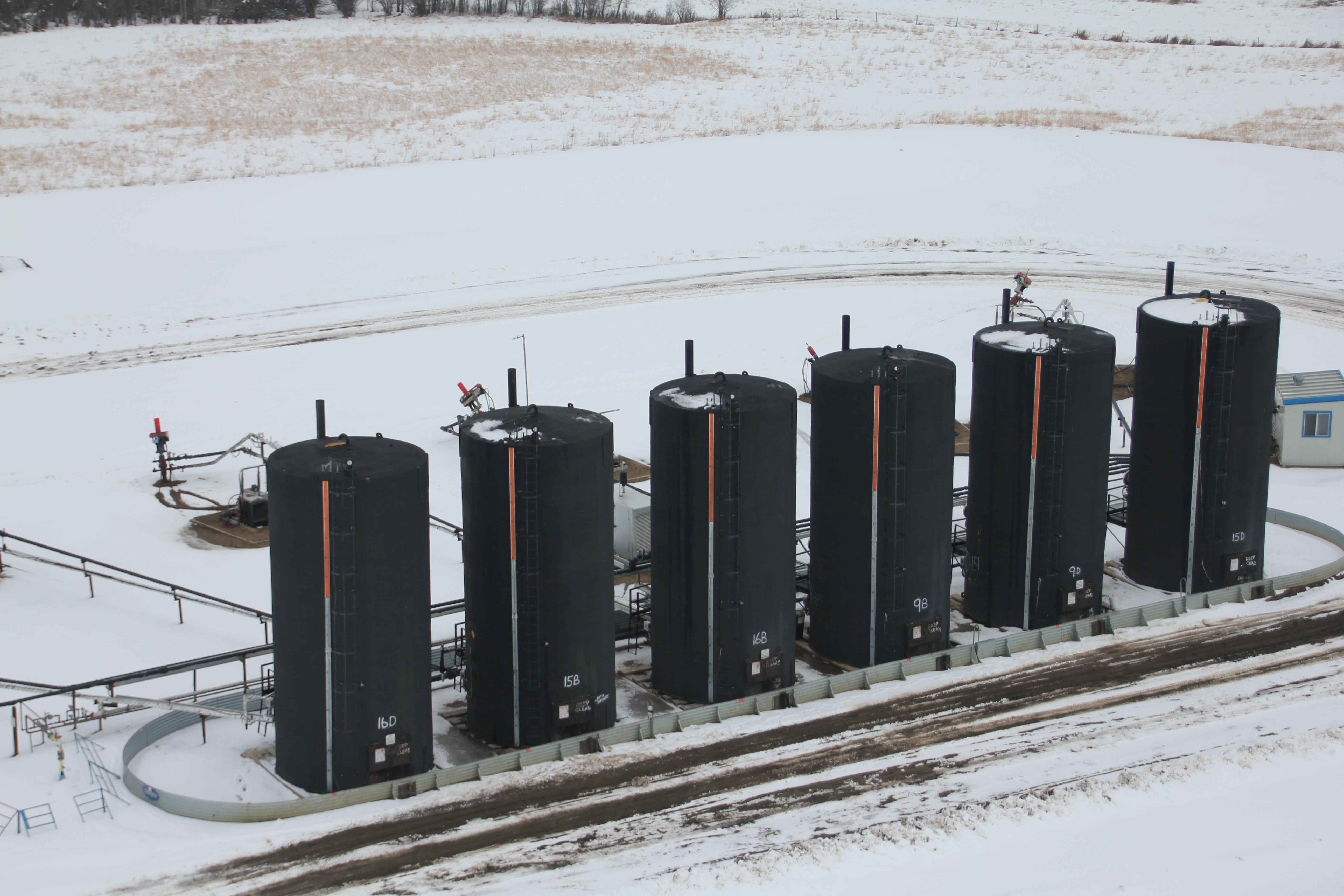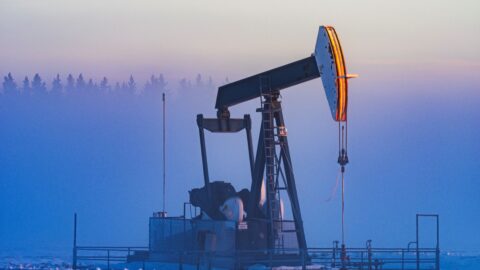Vastly underreported emissions in Alberta’s oil patch reveal excessive natural gas waste
 Alberta’s oil and gas industry is emitting at least 25 to 50 percent more methane than current estimates suggest, according to a new peer-reviewed study. Published in Environmental Science and Technology, a clear pattern of energy waste is occurring across Canada – a problem worth a minimum of $530 million dollars (CAD) of natural gas a year, or enough gas to heat nearly every home in Alberta.
Alberta’s oil and gas industry is emitting at least 25 to 50 percent more methane than current estimates suggest, according to a new peer-reviewed study. Published in Environmental Science and Technology, a clear pattern of energy waste is occurring across Canada – a problem worth a minimum of $530 million dollars (CAD) of natural gas a year, or enough gas to heat nearly every home in Alberta.
Researchers indicate that the volumes of methane – the main ingredient in natural gas and a powerful climate pollutant – observed in Alberta are higher because two key emission sources, unintentional leaks and intentional venting of methane, are happening at rates much larger than the oil and gas industry reports.
This is not the first scientific study to draw this conclusion. The Carleton University research builds on previous studies underscoring the climate risks of an unabated methane gas problem, but widespread leaks and persistent venting are making the problem worse. Canada’s oil and gas industry is already the country’s largest source of methane emissions.
Aside from the energy loss and climate concerns, numerous pollutants laced with these emissions are known to degrade air quality, worsen smog and harm public health. Yet, many low-cost solutions are in hand to solve this problem.
Further, companies that opt-out of using proven emission controls are impeding new engines of economic growth. Over 170 Canadian companies, most of which are in Alberta, provide methane mitigation products and services. Eighty percent expect their market and job growth to expand as a result of federal and provincial methane rules.
Industry at a crossroads
Canada and Alberta are among many key oil and gas jurisdictions worldwide that are taking action on methane. What motivates each locale varies, but a common thread is preparation for the future.
In fact, the world’s leading energy authority, the International Energy Agency, has said the extent to which natural gas can “play a credible role” in future energy supplies “fundamentally depends on minimising these emissions.” It’s a warning some in industry are heeding.
Exxon Mobil announced this month an aggressive methane reduction plan covering its U.S. shale operations. Major oil and gas giants, including Shell Canada, are also field-testing innovative solutions to continuously monitor methane emissions, pushing the boundaries of technology that has the potential to help industry transition to a low-carbon economy.
If Alberta ignores these market signals, it risks falling behind other energy-producing regions.
The Policy Nexus
Alberta was one of the first forward-thinking jurisdictions to recognize the opportunity to drive down greenhouse gas emissions quickly and cost-effectively by tackling methane. In 2015, Premiere Notley prioritized a 45 percent cut in oil and gas methane reductions by 2025 as part of the Climate Leadership Plan.
The new data from Carleton University, however, raises serious questions over whether the government can meet its target without strong regulations in place.
In order for Alberta’s methane regulations to be effective, and for Alberta to deliver on its climate commitments, provincial leaders need to show an eagerness to meet the scale of the challenge at hand and rigorously pursue the following:
- Require oil and gas operators to quarterly check for and fix their leaks – a best practice applied across key oil-and-gas producing U.S. states;
- Limit intentional vented emissions;
- Improve reporting so that inventories reflect the reality on the ground; and
- Phase in the lowest-hanging fruit reductions immediately – saving energy that can stimulate Alberta’s economy and keep pollution out of the air today.
Seventy-one percent of Albertans want stricter methane rules. One reason: the impact methane has on intensifying the rate of today’s warming. For example, data from the Carleton paper indicates that Canada’s oil and gas methane emissions annually have a greater climate impact than all of the vehicles combined in Canada.
Fortunately, fixing the problem is both highly-feasible and cost-effective with existing technologies. And, when deployed, these solutions can significantly reduce air and climate pollution.
Alberta moving ahead on strong methane rules not only helps to ensure it delivers on its climate goals, but it helps the province prepare for the low-carbon economy. Environmental preservation and economic prosperity are not mutually exclusive. Stopping needless natural gas waste with sensible methane standards can show both Albertans and the world that conservation and competiveness, not complacency, will fuel Alberta’s energy future.











